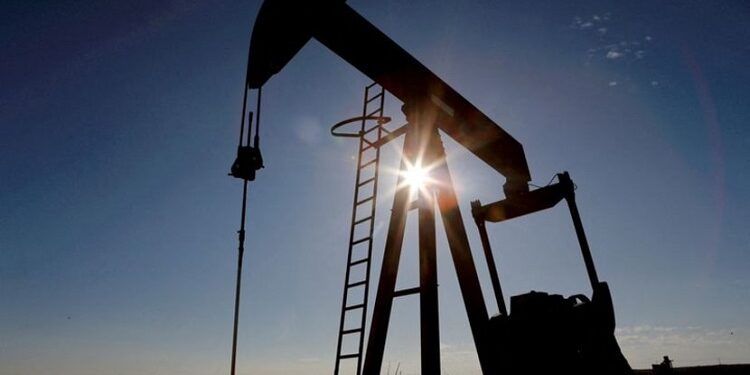The world’s oil prices may rise as a result of Saudi Arabia’s announcement on Sunday that it will reduce oil output by 500,000 barrels per day from May through the end of 2023.
Higher oil prices would drive Americans and others to pay even more at the pump amid inflation that is partly fueled by that conflict and help Russian President Vladimir Putin fill his coffers as his nation wages war on Ukraine.
Additionally, it was likely to exacerbate tensions with the US, which has urged Saudi Arabia and other allies to increase output in an effort to drive down prices and squeeze Russia’s finances
Without naming them, the Saudi Energy Ministry stated that the cuts would be made in collaboration with a few OPEC and non-OPEC members. The reductions are in addition to one made public in October of last year that enraged the Biden administration.
The ministry referred to the action as a “precautionary measure” designed to keep the oil market stable. The reductions amount to less than 5% of Saudi Arabia’s projected 11.5 million barrel daily average output in 2022.
Prior reductions of around 2 million barrels per day had occurred just before the U.S. midterm elections, in which the problem of rising prices was a key one. At the time, Democratic legislators called for a freeze on cooperation with the Saudis, and President Joe Biden promised that there would be “consequences.
Both the U.S. and Saudi Arabia denied having any political goals in the dispute and stated that their primary concern was to keep the market price stable.
Oil costs have actually trended lower since those cuts. At the end of the previous week, Brent oil, a global benchmark, was trading at about $80 per barrel, down from about $95 per barrel in early October, when the earlier cuts were decided.
Aramco, the state-run oil company of Saudi Arabia, recently reported record earnings of $161 billion from the previous year. In comparison to the company’s $110 billion in revenue from 2021, profits increased by 46.5%. By 2027, Aramco said it wanted to increase output to 13 million barrels per day.
After the murder of Saudi dissident and journalist Jamal Khashoggi in 2018 and Saudi Arabia’s disastrous war with Iran-backed Houthi rebels in Yemen, the decades-old U.S.-Saudi alliance has come under increasing pressure recently.
Biden had vowed to declare Saudi Arabia a “pariah” over the murder of Jamal Khashoggi while running for president, but as oil costs increased after his inauguration, he changed his position. He paid the country a visit in July of last year in an effort to mend fences, but received flak for shaking hands with Saudi Arabia’s Crown Prince Mohammed bin Salman.










